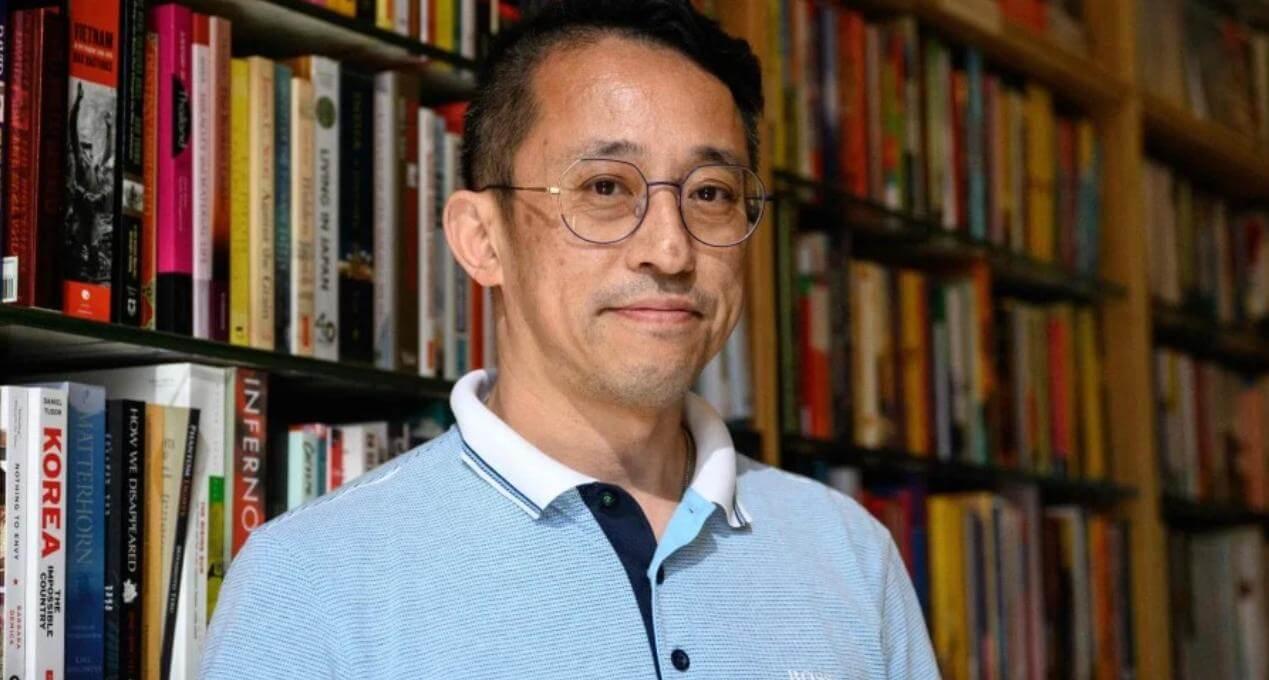
We independently review all recommendations. Purchases made through our links may earn us an affiliate commission. Here’s how it works.
China’s Censorship Is Helping Independent Bookstores Thrive—Just Not in China
Ever heard of the Streisand Effect? It’s when trying to hide something only makes people want to know more about it. China’s laws on censorship are doing something like this, but with bookstores.
Take Yu Miao, as an example. He used to run a small bookstore in Shanghai. He had to be careful about the government’s strict rules. After feeling stuck by what he could sell for years, he decided to change things. He closed his store and moved to Washington, D.C. There, he opened a new bookstore. Now he can sell any book he wants, without asking for approval from the government. Instead of being held back by rules, he is doing very well. He is not the only one.
The Uphill Battle for Indie Bookstores in China
Running a small bookstore in China is, honestly, very hard. The government only lets you sell books that are approved, so anything a bit controversial cannot be sold. Even large bookstore chains like FanDeng or Sisyphe have to follow these rules. They must find a way to make money while also keeping the government happy. If they don’t follow the rules, they can get into trouble.
For indie bookstore owners like Yu, the situation is serious. They worry about getting closed down—or worse, arrested. Just look at Yuan Di, the owner of Jiazazhi, a trendy bookstore in Shanghai. He was recently arrested in unclear conditions. This serves as a scary reminder that selling the wrong book in China can lead to big problems. This is very different from how bookstores work in other places. There, books are meant to inspire, challenge, and make people think.
From Government Control to a Fresh Start
Faced with impossible odds, Yu Miao made a bold move—he shut down his Shanghai store six years ago and started over in the U.S. Now, in Washington, D.C., he owns “JF Books,” a thriving shop stocked with over 10,000 titles. For the first time, he’s able to sell books without constantly looking over his shoulder. The difference is night and day.
Yu’s story is not special. More and more bookstore owners and publishers are leaving China for other places where they can run their businesses without rules limiting them. Here’s the interesting part: they are not just getting by; they are doing really well. By moving to countries with fewer limits, they are bringing their dreams back to life and giving local readers the chance to find books they might not have seen otherwise. Also, the need for free expression is growing fast—just look at the rising audiobook market, with Spotify’s top choices for 2024 showing this trend.
A Booming Business in Free Societies
Here’s the interesting part: China’s strict rules against certain books have led to a rise in independent bookstores outside of China. In the U.S., Canada, France, and Germany, past Chinese bookstore owners are starting their shops without government control. There is a strong demand for books that are not blocked by censorship.
Financially, this change is good for everyone. Data from Google shows that many independent bookstore owners in these places earn between $50,000 and $100,000 a year. This is not only helpful for them; it also boosts the local economy by creating jobs and supporting small businesses. For readers on a budget, services like Kindle Unlimited make it easier to get a wide variety of books.
Books: More Than Just Stories
Books have always been strong tools for challenging authority and shaping what people think. Look at works like George Orwell’s 1984 or Mark Twain’s The Adventures of Huckleberry Finn. These books were not just for fun; they made people reflect. When governments choose which stories can or cannot be told, societies lose more than just books. They lose history, knowledge, and the chance to question those in charge.
That’s why the rise of independent bookstores in free countries is very important. It shows that books are important, that we should protect the right to speak freely, and that people will always find ways to share their ideas, even when they face pressure. With digital reading tools like the Amazon Kindle Scribe 2, it has become easy to read uncensored books.
Censorship’s Unintended Consequences
At the end of the day, China’s rules on censorship are causing big problems. They may be trying to limit free speech in the country, but they are also pushing people like Yu Miao to share their ideas in other places. This has helped them thrive. What these rules meant to stop has instead led to many people starting new writing businesses all around the world.
Robert F. Kennedy once said, “Each time a man stands up for an ideal or acts to improve the lot of others or strikes out against injustice, he sends forth a tiny ripple of hope.” That’s exactly what’s happening here. Independent bookstore owners, forced out of China, are spreading ideas, fueling intellectual freedom, and proving that censorship can’t kill curiosity.
Final Thoughts
So here’s the main point: China’s efforts to quiet certain voices have, oddly enough, made them louder around the world. By limiting free speech, they have helped create a global bookstore market that thrives on the very ideas they want to control. Yu Miao’s story—from being a struggling bookstore owner in Shanghai to becoming a business owner in Washington, D.C.—shows how strength and creativity can change tough times into chances for success.
For readers who want to look at today’s writing world, there are many options. Whether you enjoy serious political books or popular things like The Eras Tour show guide, one thing is clear: writing is still doing well. No government can change this.




